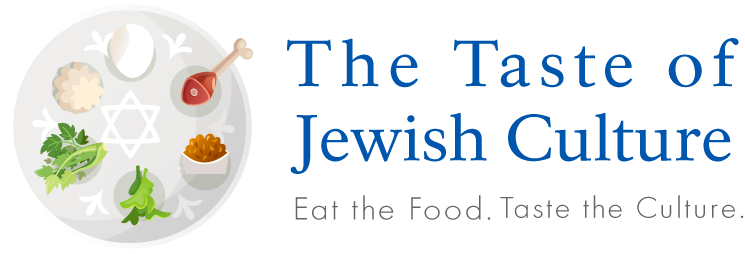My latest food article is a bit different than my previous ones, but in a related area, and I want to expand on its connection to Jewish Food History. Yesterday, Tablet Magazine published my piece “Beyond the Beyond Burger,” in which I explore Israeli food tech companies that are creating the next generation of alternative proteins that you’ll likely be eating within the next few years. (The photo above, for example, features a merguez sausage and sunny-side up egg, both produced by Israeli companies, and both entirely plant-based! And I can honestly say they were delicious and tasted pretty darn close to the real things!)
While in itself, it doesn’t connect with Jewish Food history directly, I am focusing on Israel and its food connections. I recommend you read the article and then come back here to read the rest of this brief post. I’ll wait…
So as you saw, I end the post on a note about the Jewish values that have led to Israel establishing itself in a position of such prominence within the alternative protein industry. Frankly, finding alternatives for our current food system is imperative since the status quo is unsustainable. Call it tikkun olam if you like (even though that term has had its precise meaning changed somewhat in contemporary times), but there is no doubt that protecting the environment and feeding the hungry are clear Jewish values. Virtually every person I interviewed for this article mentioned that as part of their company’s motivation.
Beyond that, however, these future foods also raise tons of interesting questions in connection to Jewish Food, and what we may or may not be eating (and considering part of the “Jewish Food” category) in the future. I wrote about this a bit in my newsletter a few months back. (And by the way, if you aren’t yet signed up for my newsletter, why not do so now? It goes out no more frequently than once a month.)
Some such questions relate to kashrut. Will these foods be considered kosher at all? If so, what categories do they fall into? Is a piece of meat grown out of a single cell in a laboratory actually within the category of meaty foods, or could it be eaten with dairy products? If it isn’t considered meat, but is seen as a completely “new” product, would observant Jews then also be allowed to consume pork or shellfish that were similarly grown from individual cells? Might we then someday be including cultured ham in our Shabbat stews or stuffing our kubbeh with bacon bits? If that original cell is extracted from a living animal (as is normally the case), would that even constitute forbidden food due to the prohibition of eating ever min hachai (a limb removed from an animal that is still living), or is a single cell too small to meat that category? And most importantly, what subtle changes will take place in the classic foods that we consume today and consider staples of the Jewish table?
I most importantly hope this post, the article, and the newsletter I wrote get you thinking about these topics and raise even more questions for you. Discussion (and yes, even argument) are real Jewish values as well!
Please Share This With Someone Else Who’d Appreciate It





